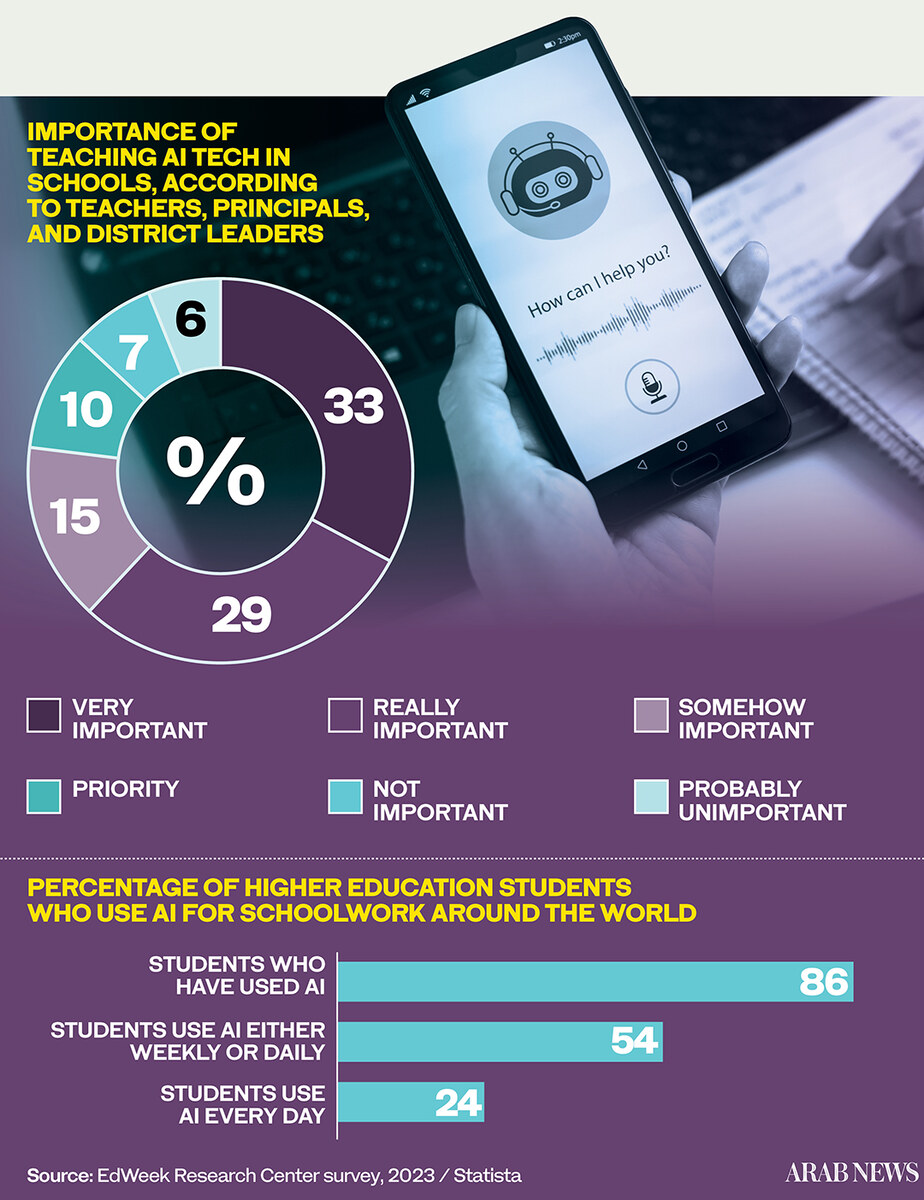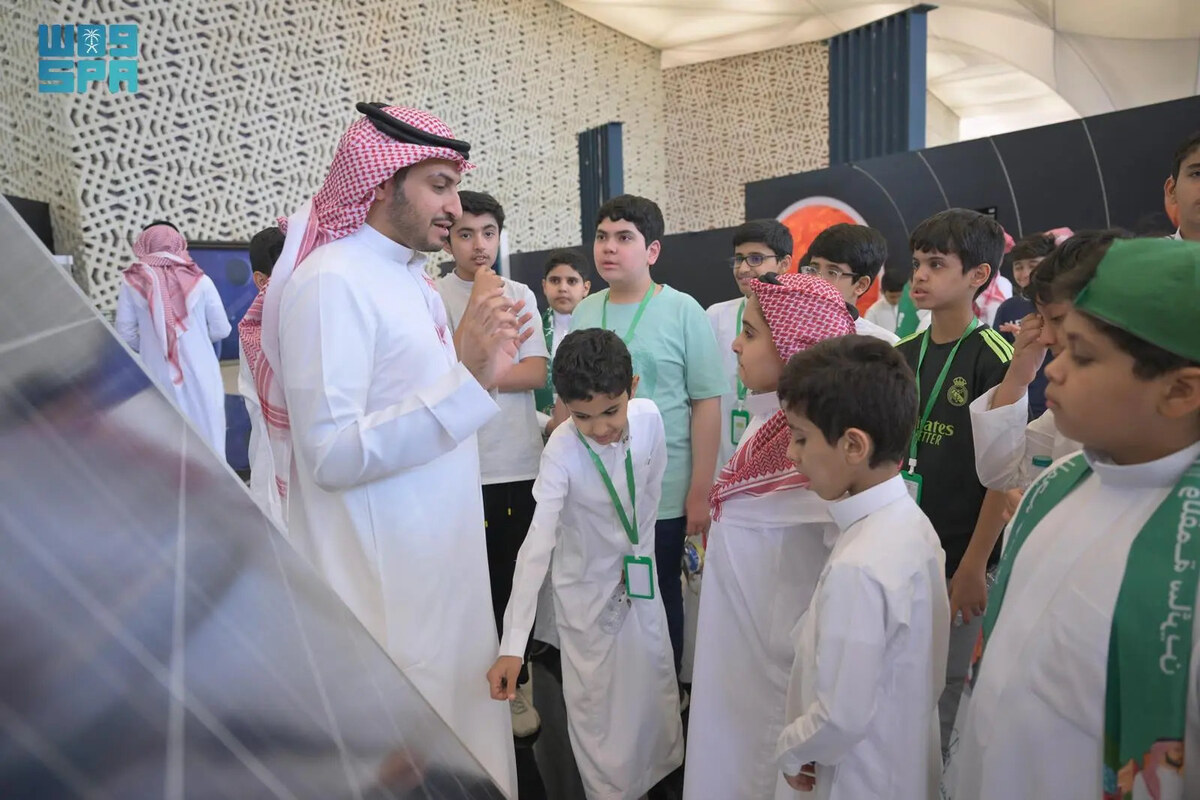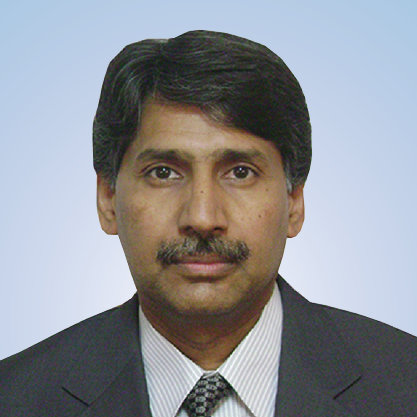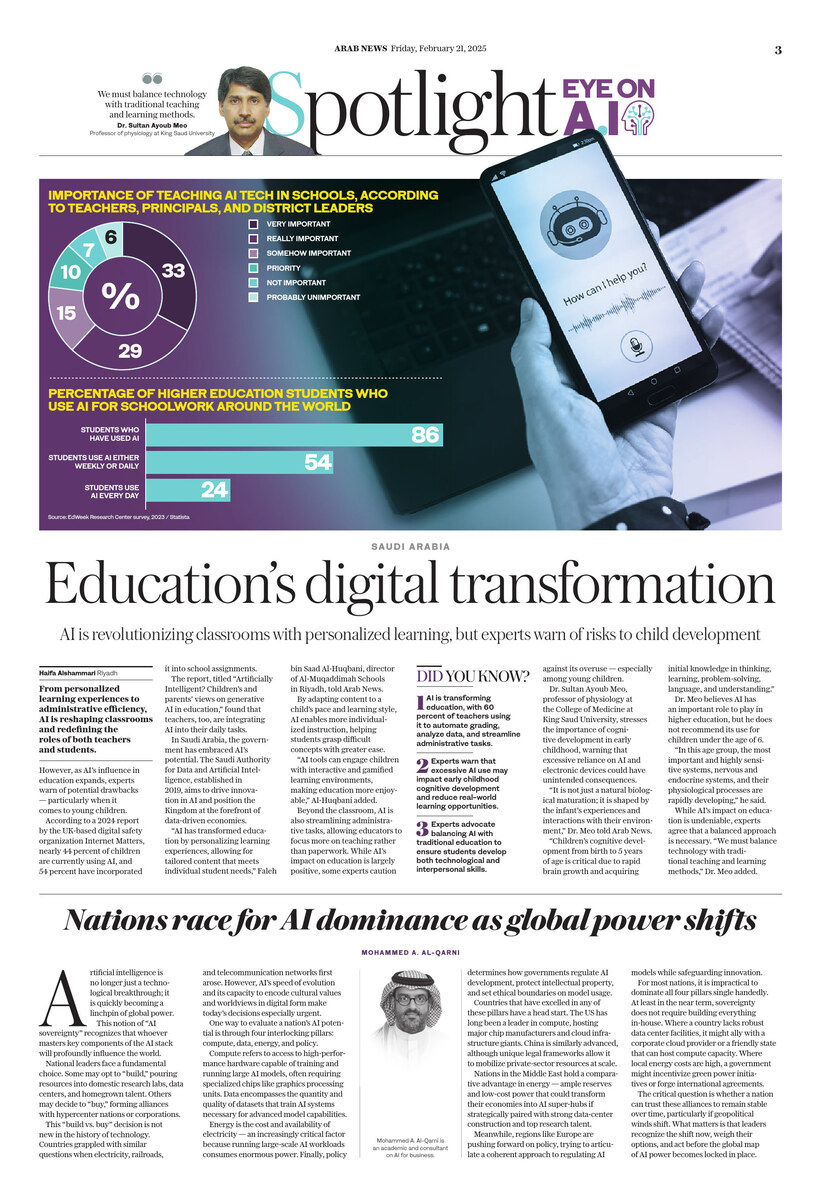RIYADH: Saudi artist Dr. Sami Almarzoogi’s solo exhibition at L’Art Pur Foundation in Riyadh “Is This a Gold Bar?” demonstrates the benefits of never giving up on your passion.
Presented in collaboration with Hafez Gallery, the showcase presents Almarzoogi’s diverse body of work, encompassing paintings, drawings and mixed-media pieces, which delve deep into his exploration of materials, techniques and themes. He invites viewers to immerse themselves in the emotions he seeks to capture with each stroke of his brush.
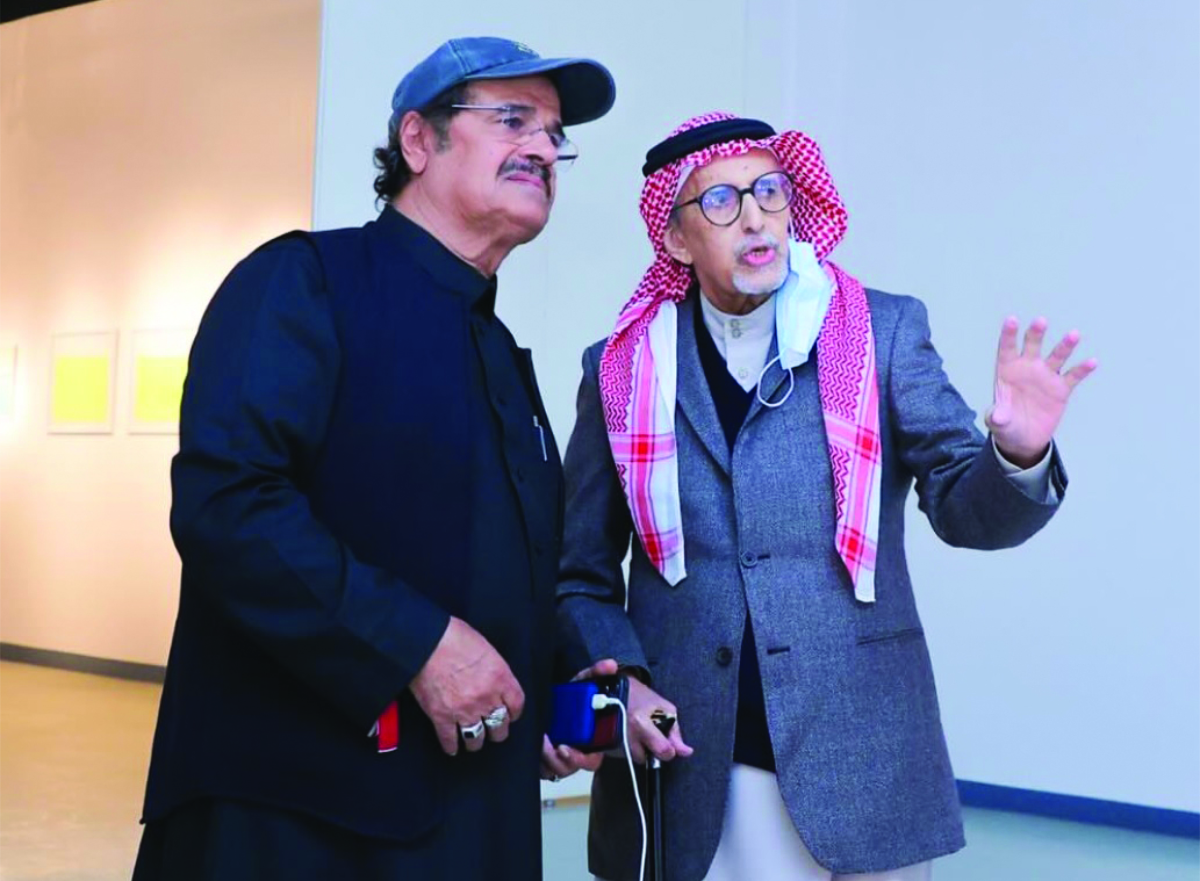
‘Is This A Gold Bar?’ by Sami Almarzoogi (Inset, right) invites viewers to immerse themselves in the emotions the artist seeks to capture with each stroke of his brush. (Supplied)
“The exhibition’s title, arrangement, and presentation serve as windows into my inner world, where shadows give way to the unveiling of my creations in the light of day, beckoning viewers to embark on a captivating artistic odyssey,” the artist explained.
His art — drawing inspiration from nature, human figures, personal experiences, and decorative objects — defies categorization, encouraging viewers to ponder the emotional depth conveyed through color and form.
HIGHLIGHTS
● Sami Almarzoogi’s art draws inspiration from nature, human figures, personal experiences, and objects.
● ‘Is This A Gold Bar?’ is being showcased at L’Art Pur in collaboration with Hafez Gallery in Riyadh.
● Curated by Ayman Yossri Daydban, the exhibition signifies a pivotal moment in Almarzoogi’s artistic journey.
Curated by Ayman Yossri Daydban, the exhibition signifies a pivotal moment in Almarzoogi’s artistic journey. Daydban is a celebrated visual artist based in Saudi Arabia who brings a unique perspective shaped over three decades of artistic practice, ensuring a nuanced and stimulating presentation of the artist’s work.

Sami Almarzoogi invites viewers to immerse themselves in the emotions the artist seeks to capture with each stroke of his brush. (Supplied)
Almarzoogi was born in 1945 and spent over three decades unraveling the transformative potential of color and line. Through an intuitive exploration of motifs straddling the realms of figuration and abstraction, his work radiates with sensitivity, drawing prowess, and a profound understanding of color theory.
Almarzoogi said: “Drawing transcends mere equations of form, color, and ideas, or even complex formulations including feelings. It is, in fact, a sentiment taking shape in form, anchoring itself through colors, and blooming into a tapestry of ideas.”

Qaswra Hafez, Hafez Gallery founder
His creative process, he added, “is a reflection of diverse experiences and emotions, unfolding freely on blank canvases, unbound by symbols and interpretations. This natural approach to artistry transcends the confines of studios, beckoning an existential exploration enriched by observation, travel, and a universal spirit.”
Speaking about the journey captured in his works, he said: “In my artistic journey, the transition from darkness to doubt and ultimately light mirrors my personal growth, culminating in the radiant beauty of radiance.”
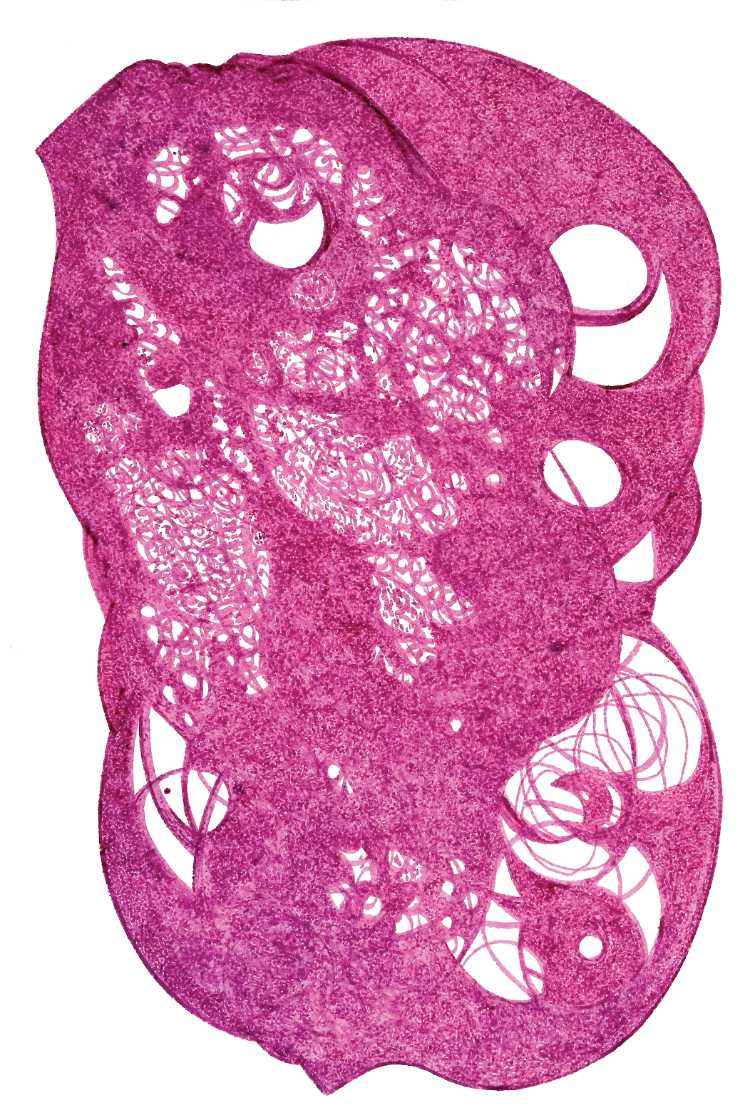
Sami Almarzoogi invites viewers to immerse themselves in the emotions the artist seeks to capture with each stroke of his brush. (Supplied)
His creative journey, initially interwoven with a distinguished career in anesthesiology, found its full expression upon his return to Saudi Arabia in the mid-1980s, following an enriching decade-long sojourn in Germany.
Qaswra Hafez, founder of Hafez Gallery, said: “In my 35 years involved in the arts one way or another, producing this exhibition gave me the most confidence measure. It’s not every day that you find a 78-year-old artist who has been working in silence for over 50 years and never had a solo. It was such a joy for me to watch (and) see the exhibition the first time.”
It’s not every day that you find a 78-year-old artist who has been working in silence for over 50 years and never had a solo. It was such a joy for me to watch (and) see the exhibition the first time.
Qaswra Hafez, Hafez Gallery founder
Kenza Zouari, communication manager at Hafez Projects, said: “Sami Almarzoogi’s life is a testament to the courage to embark on new journeys. After years in the medical field, he made the bold decision to pursue his lifelong passion for art and his relentless quest for exploration led him to dive into the world of colors, shapes and forms with the same dedication and precision he once had in the operating room.”
She added: “With brushes replacing medical tools, Dr. Almarzoogi kept on trying new styles and techniques with this insatiable hunger for experimentation. His transition from doctor to artist was not just a career change; it was a profound transformation that allowed him to fully explore and express himself.
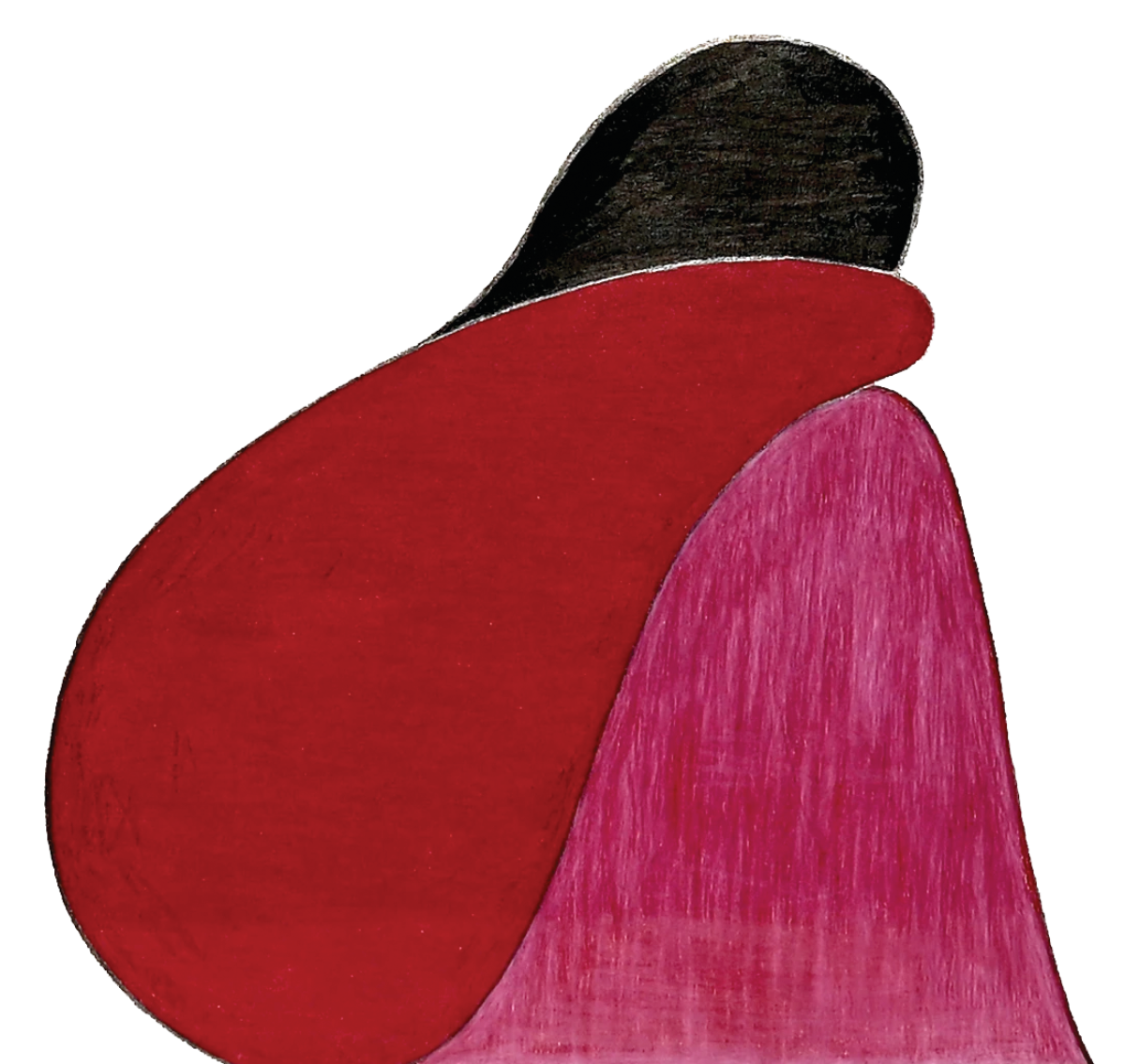
Sami Almarzoogi invites viewers to immerse themselves in the emotions the artist seeks to capture with each stroke of his brush. (Supplied)
“Today, as we stand witness to his incredible body of work, we are reminded of the possibility within each of us to pursue our passions. Dr. Almarzoogi’s story is a powerful reminder that it is never too late to chase our dreams.”
Echoing this sentiment, Rania Rizk, director of the arts program at L’Art Pur Foundation, said: “We are thrilled to present the second solo exhibition, offering the Riyadh audience a glimpse into his extensive artistic journey and captivating narrative. Dr. Almarzoogi’s dedication to painting and drawing, quietly and authentically, alongside his medical profession, reflects his unwavering passion for art.
“His close friend, artist Ayman Yossri, as the curator, (ensues) the spiritual essence of the artwork shines through, enriching the exhibition with a deep sense of warmth and meaning.”
The exhibition at L’Art Pur is open to the public until Feb. 29 at 8 p.m.













